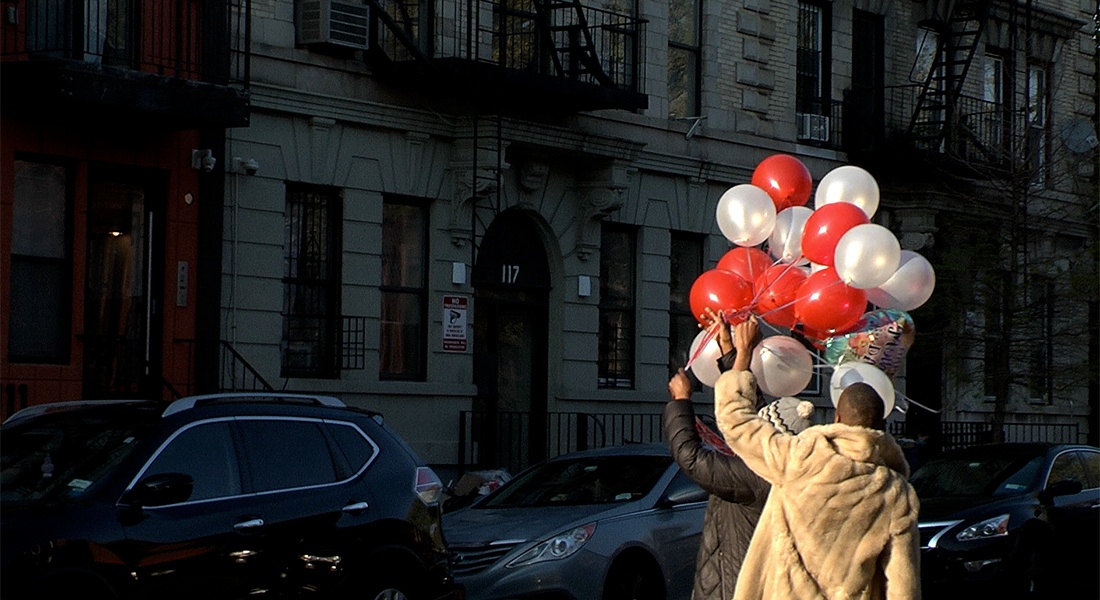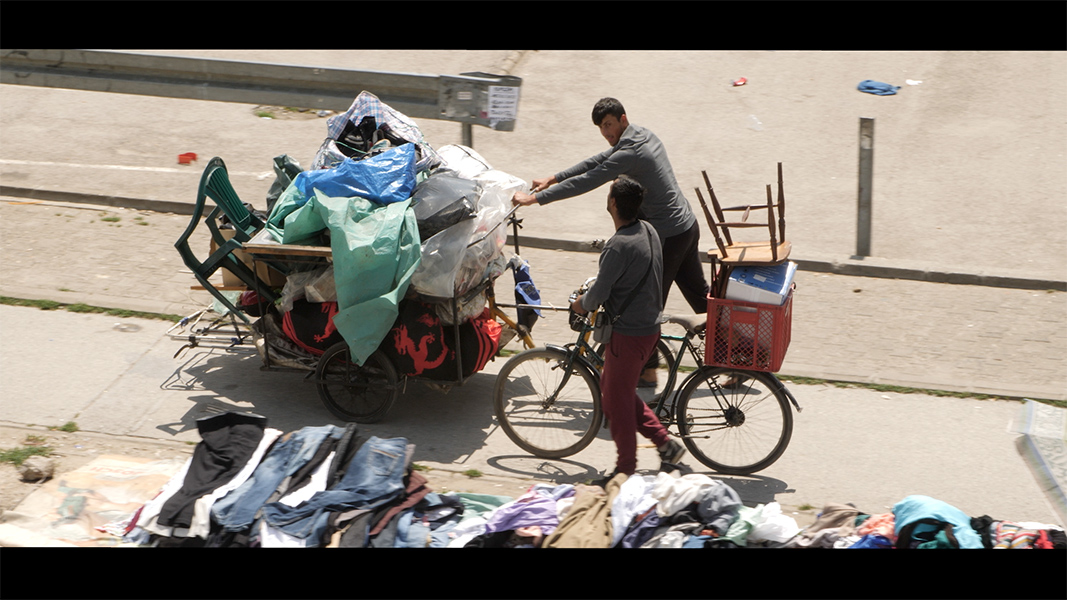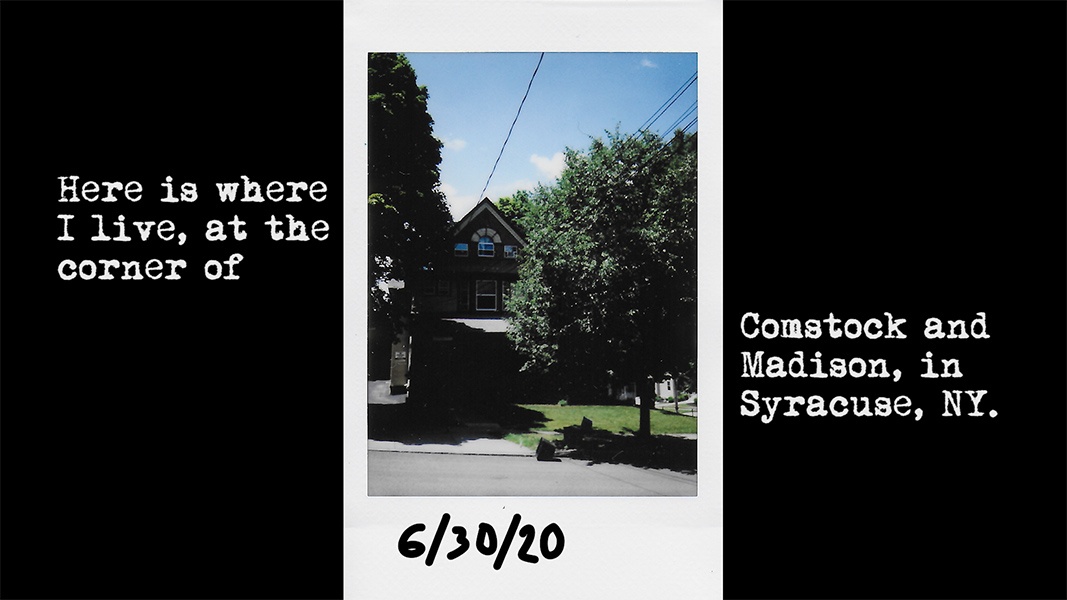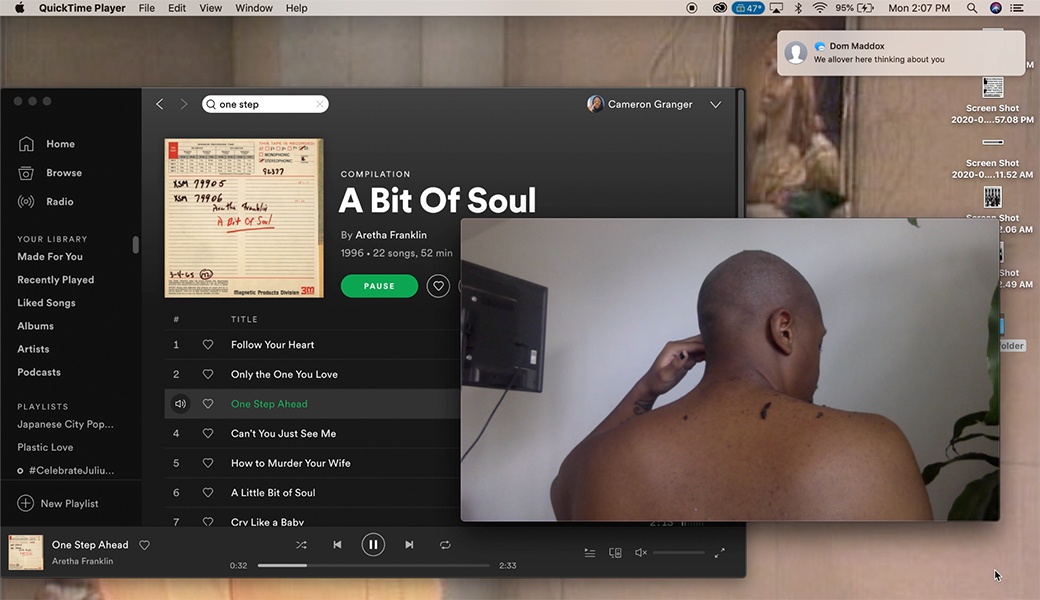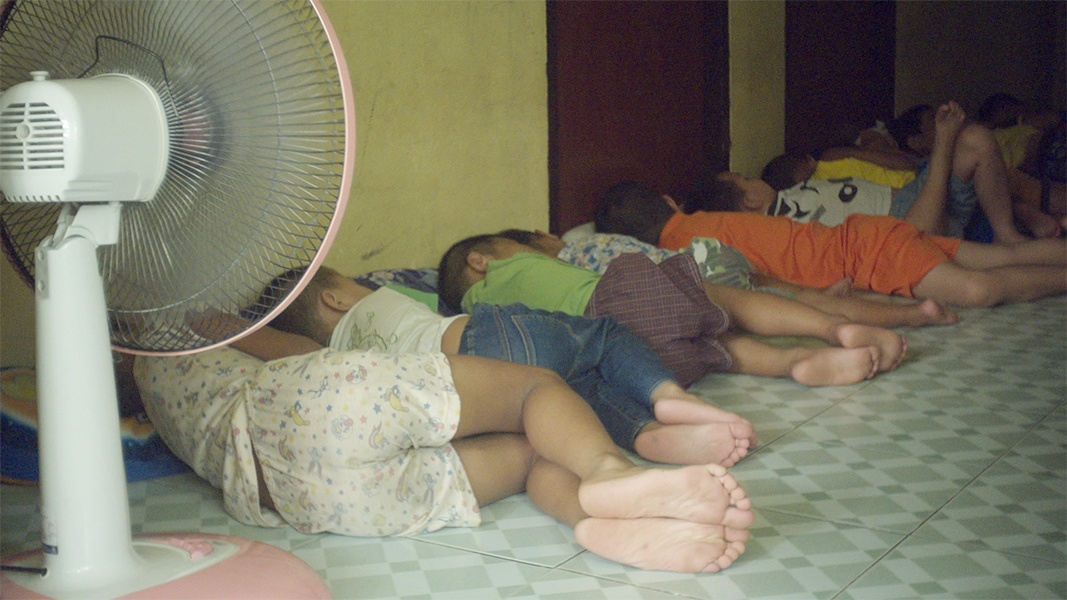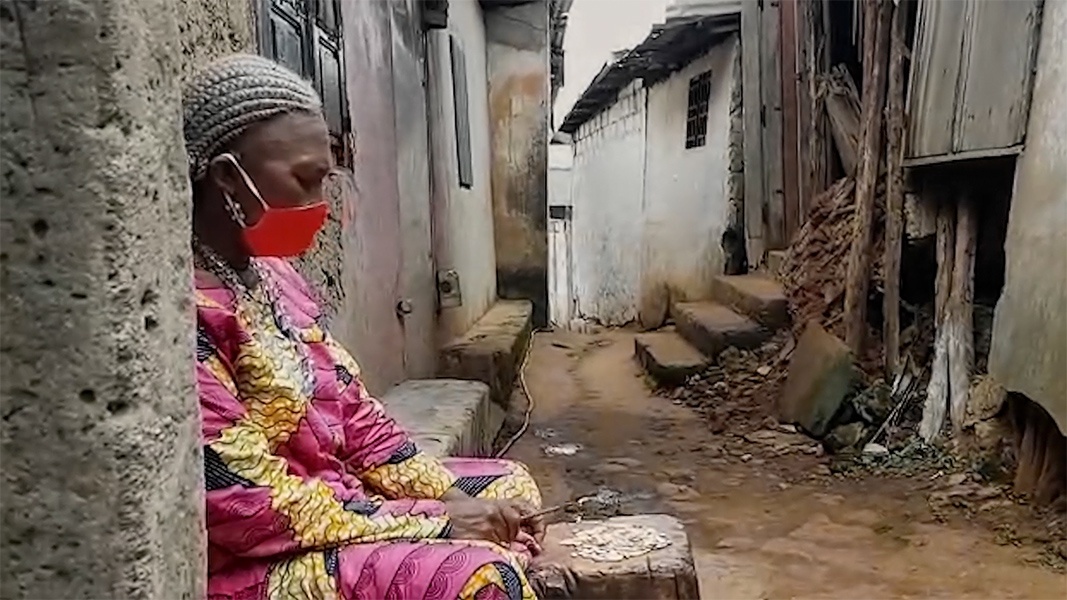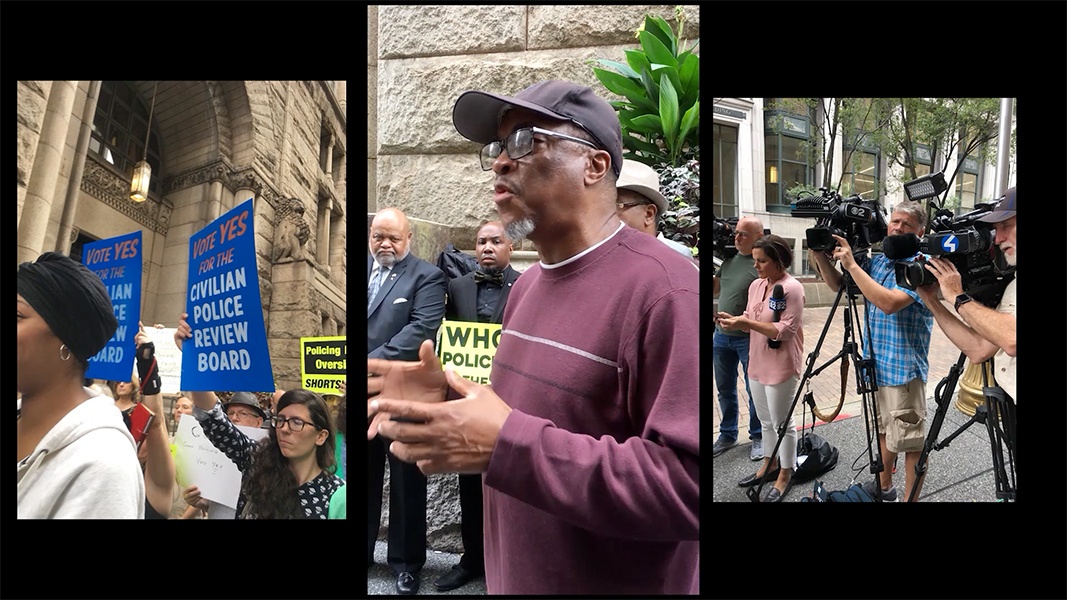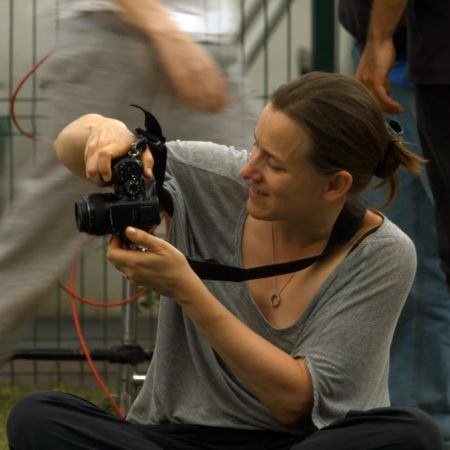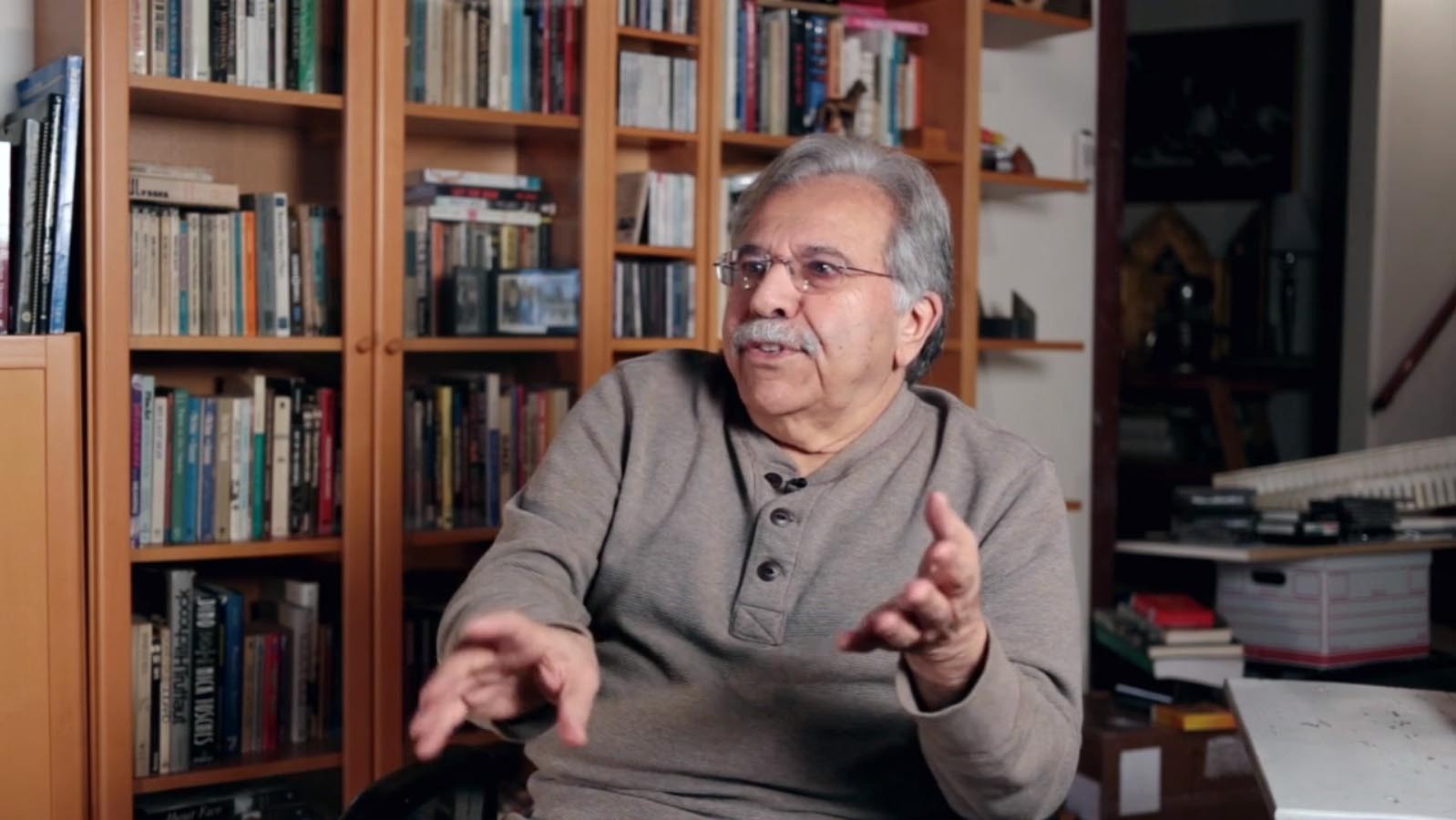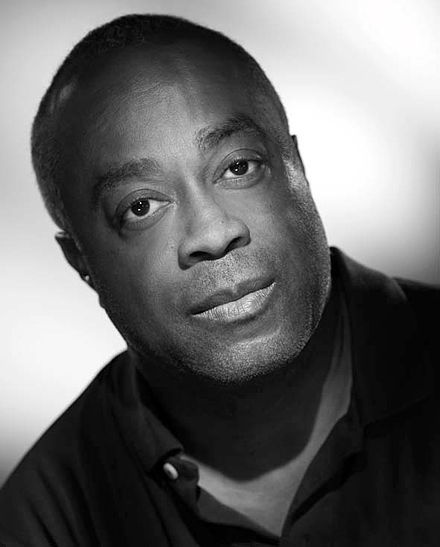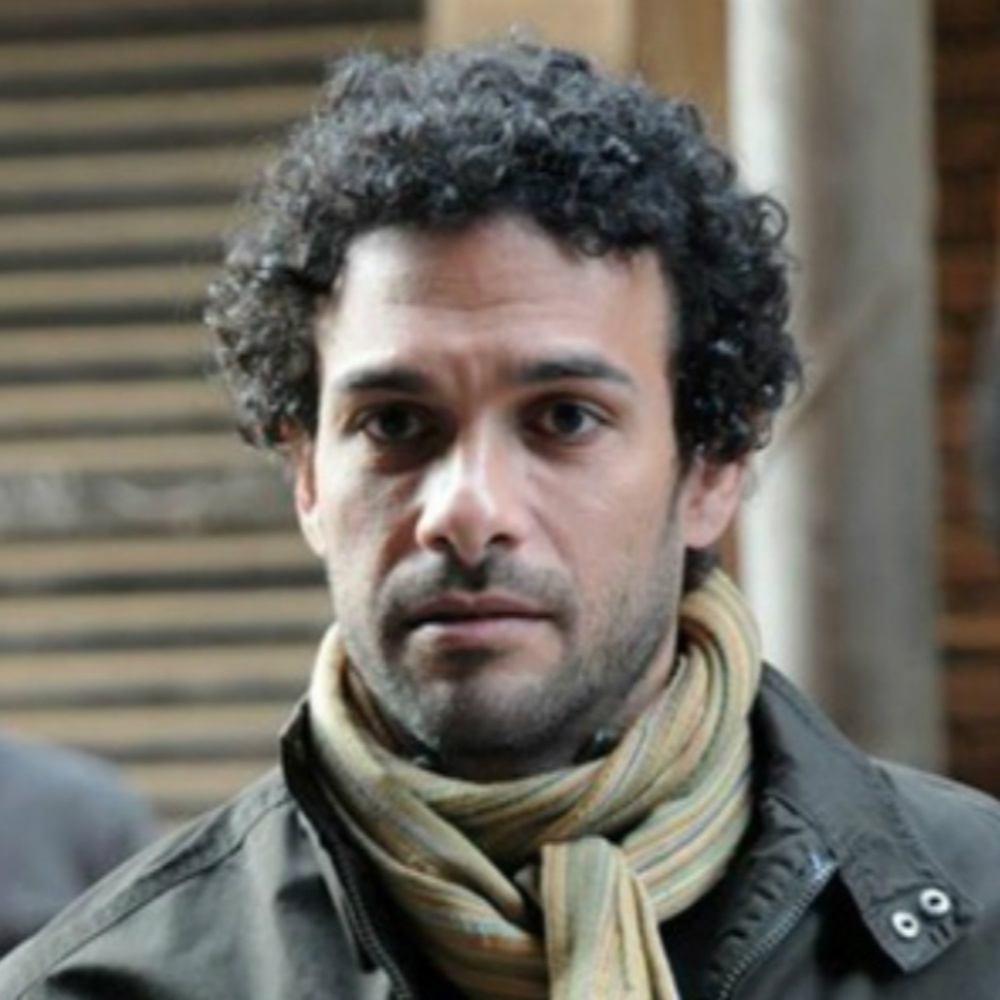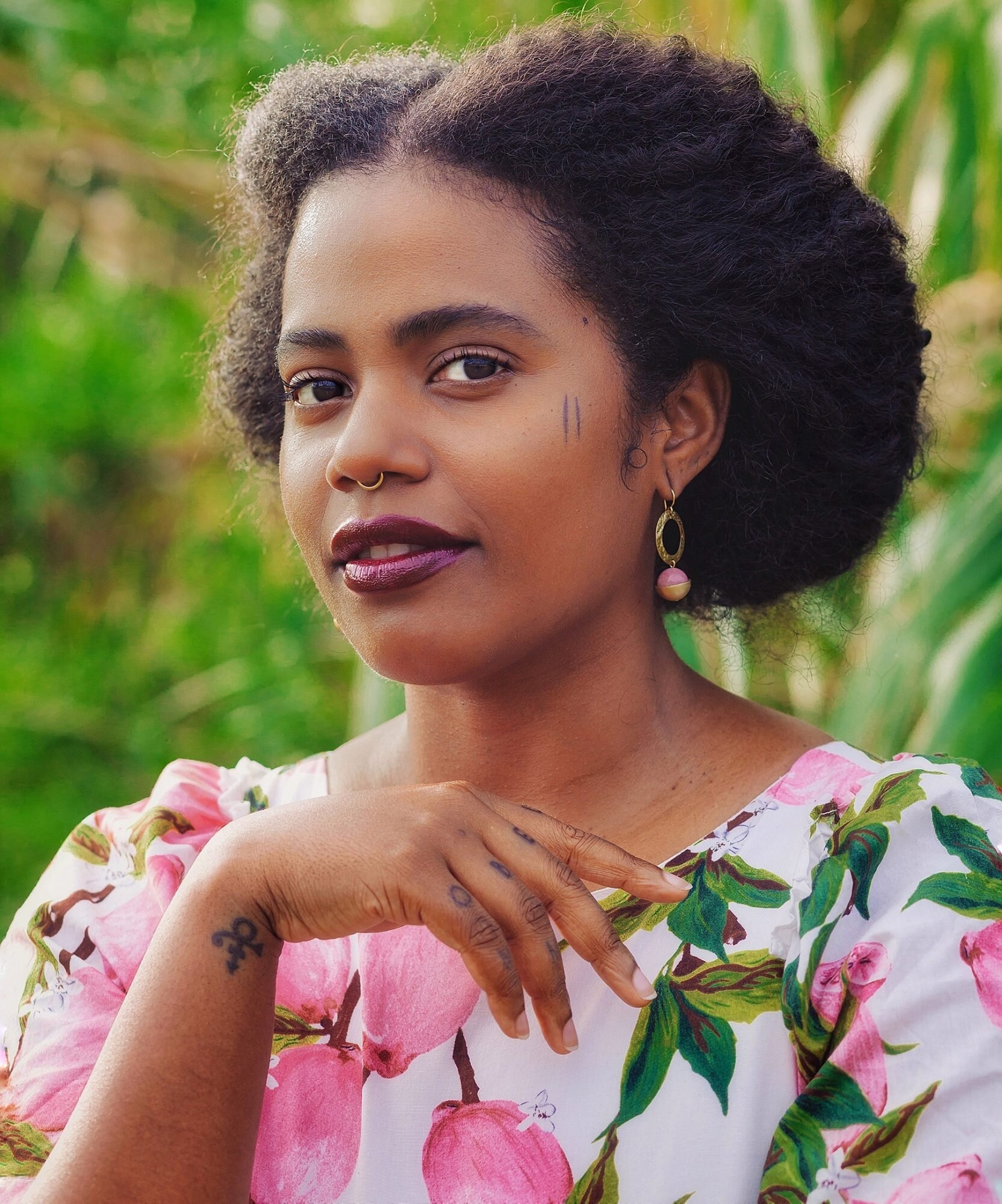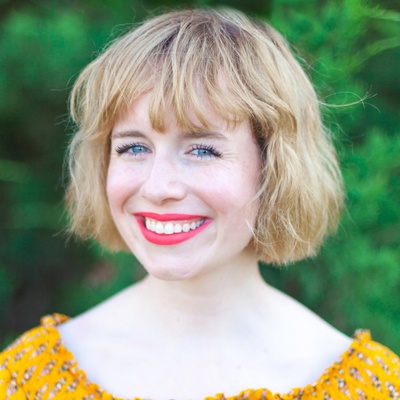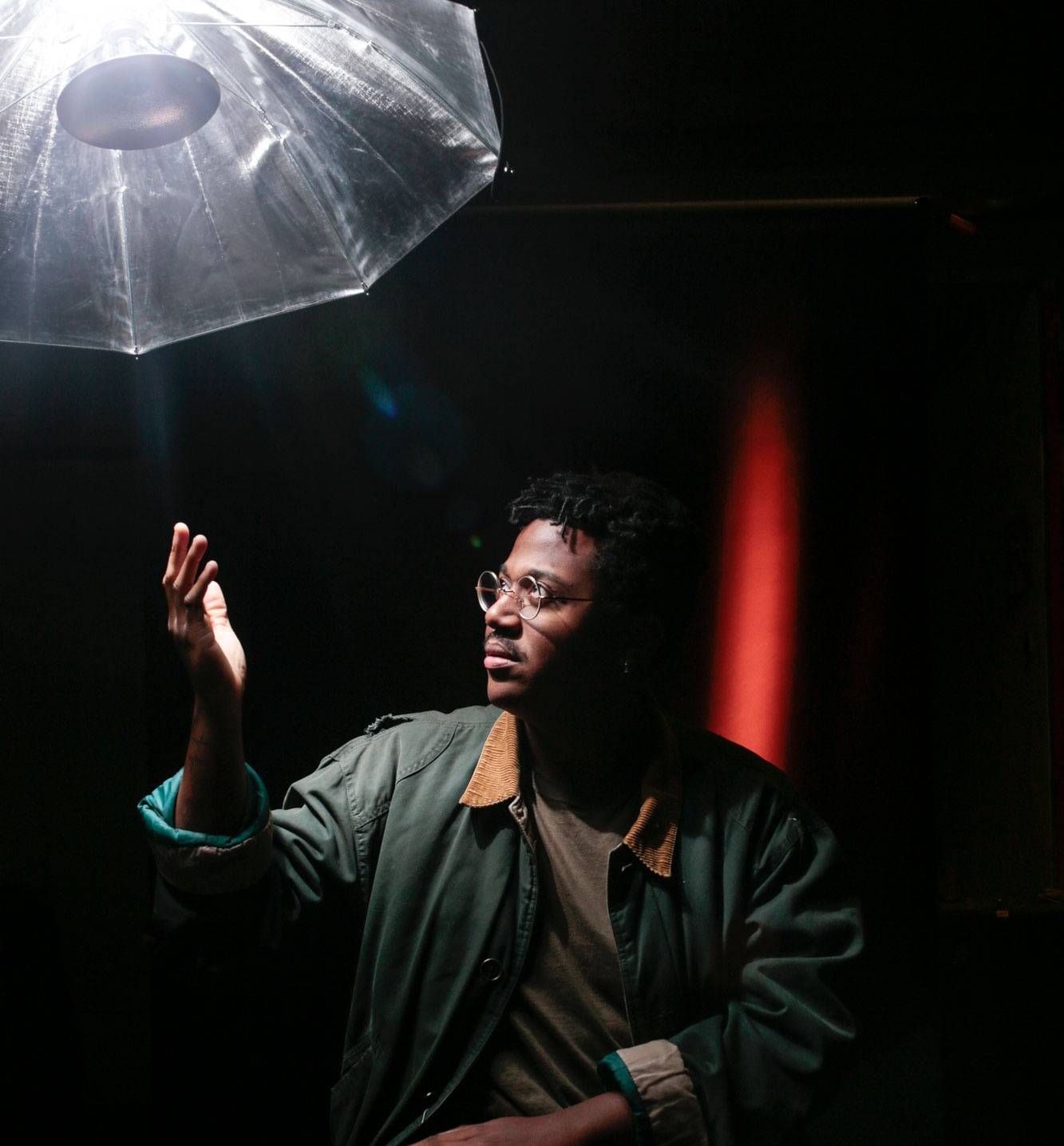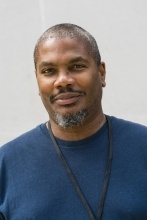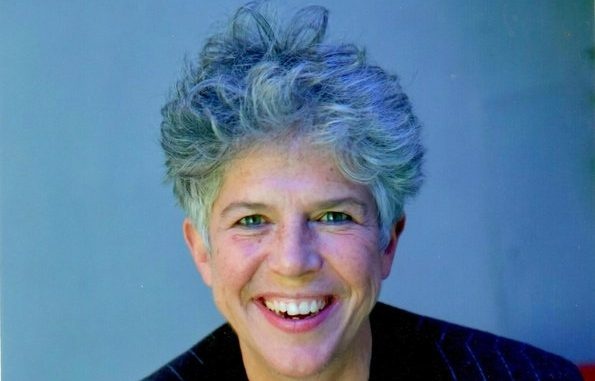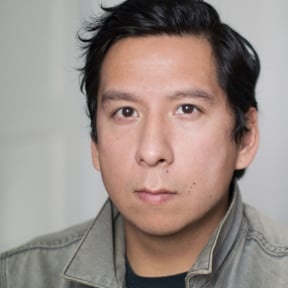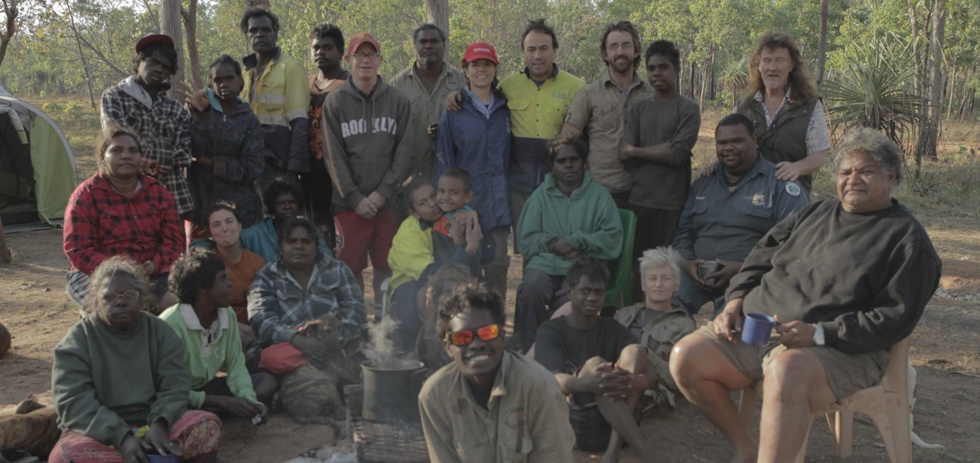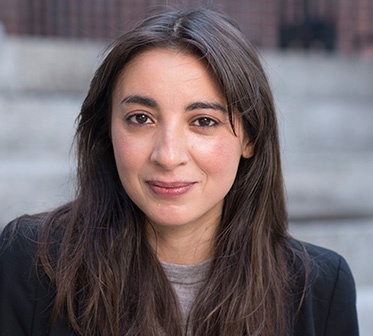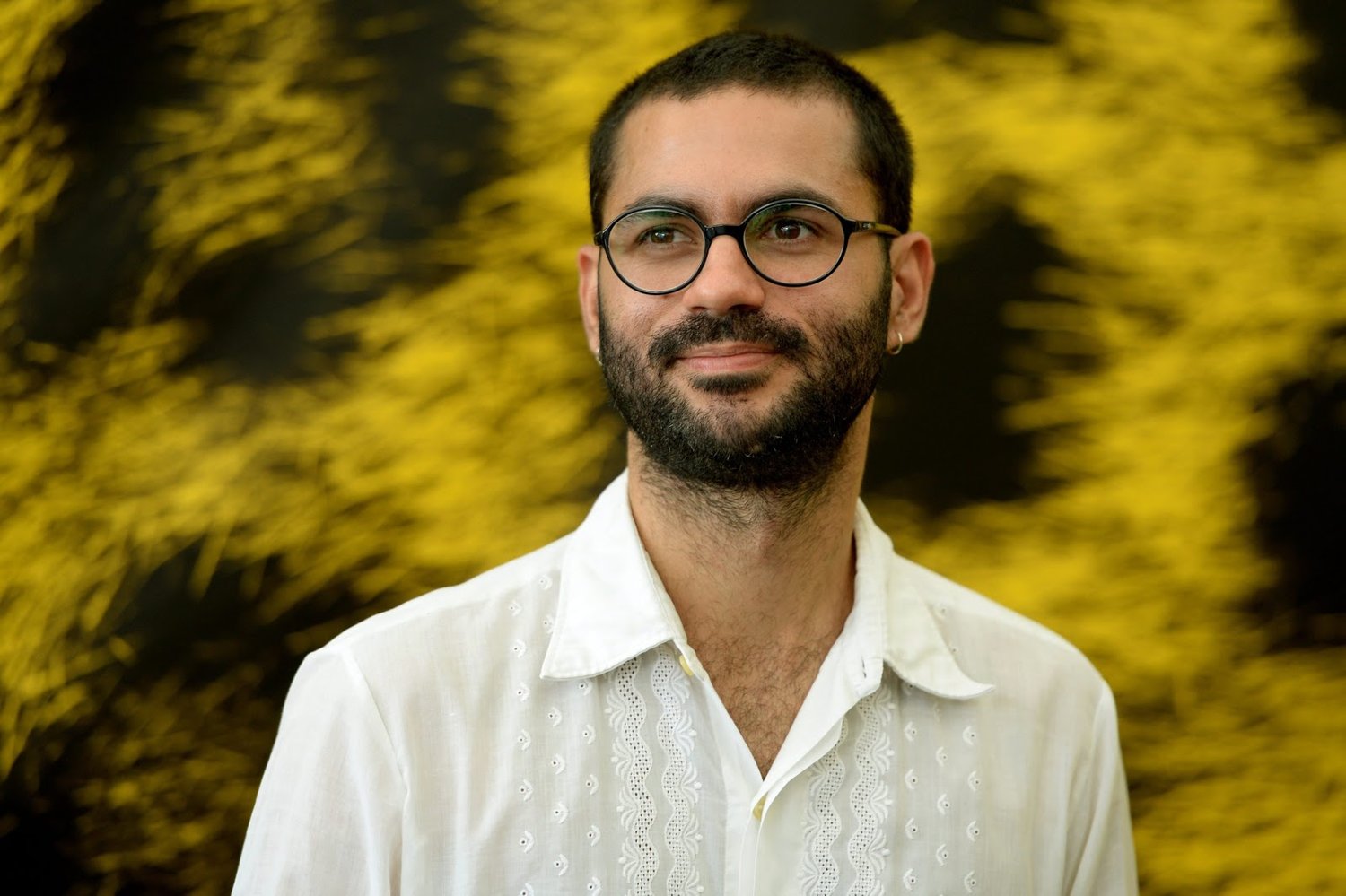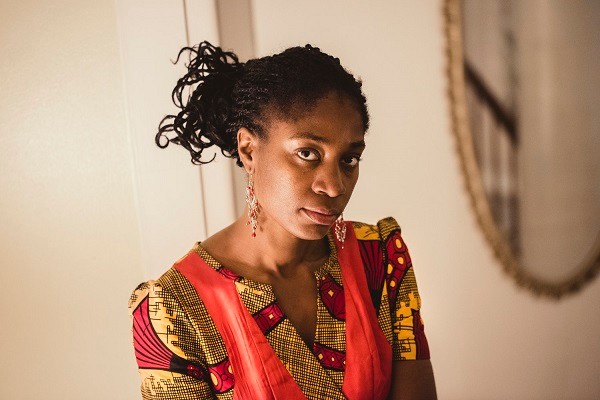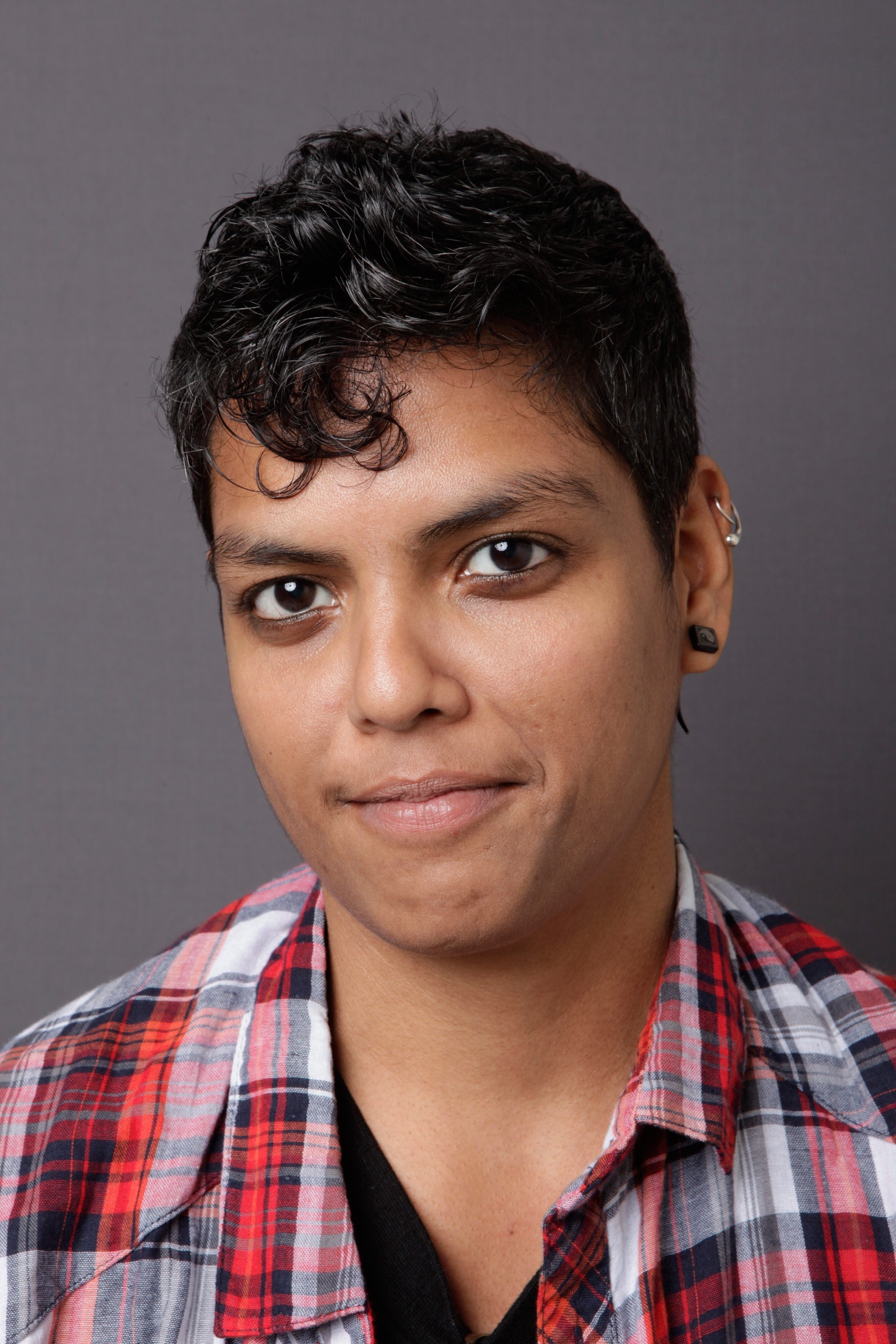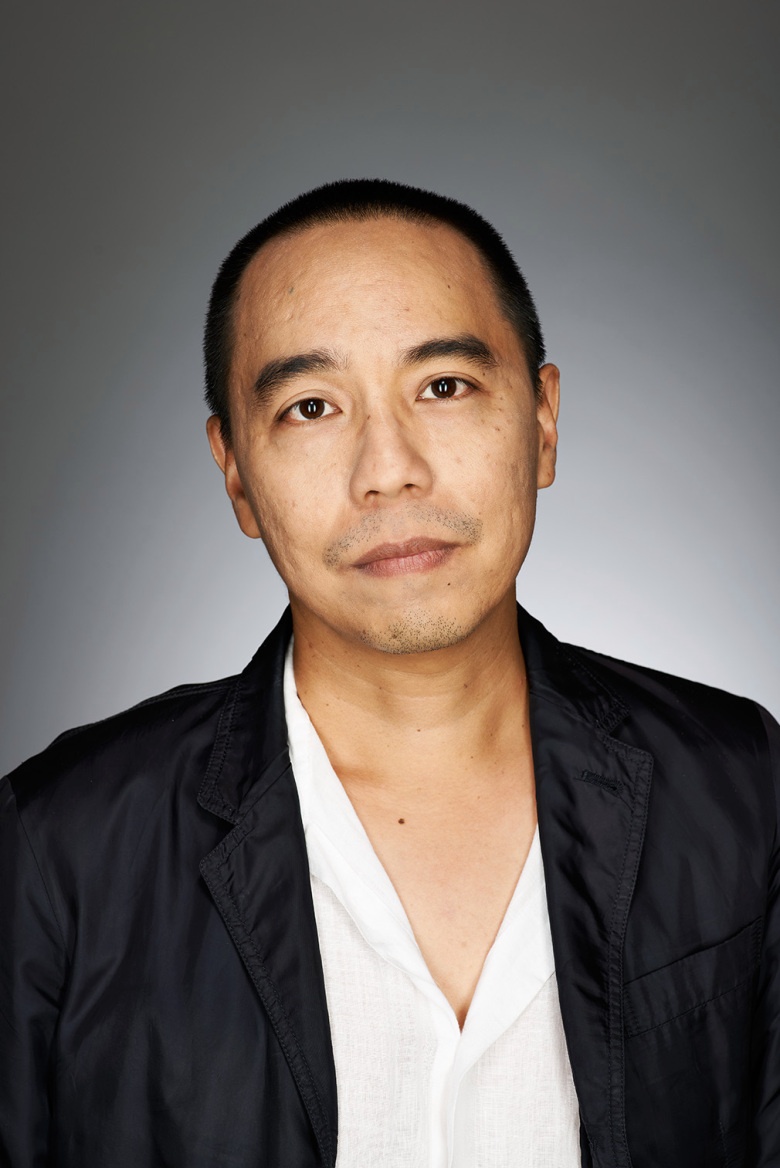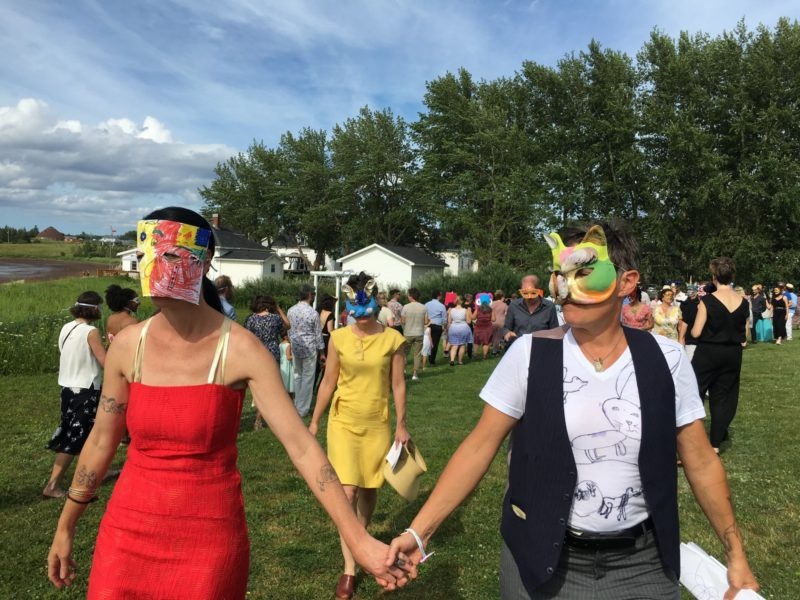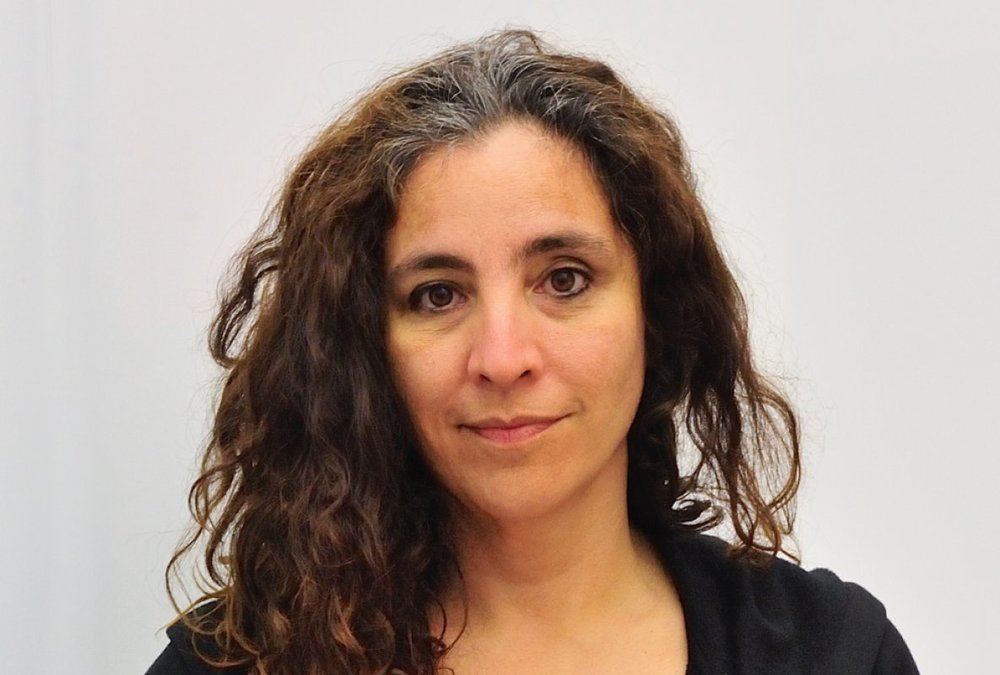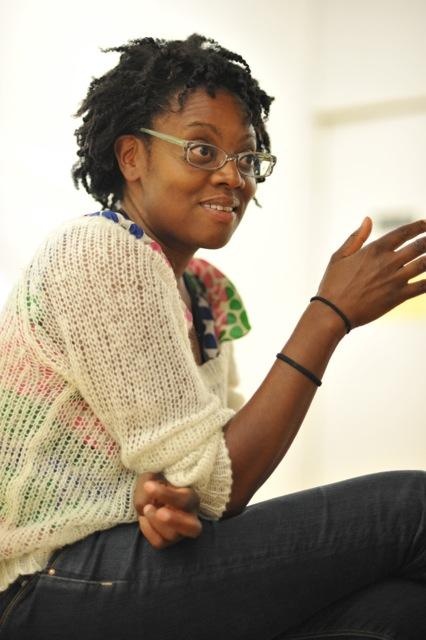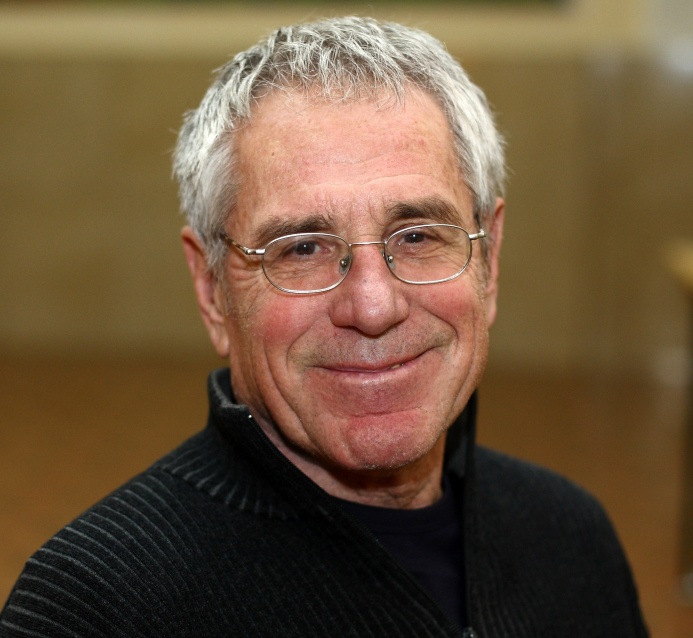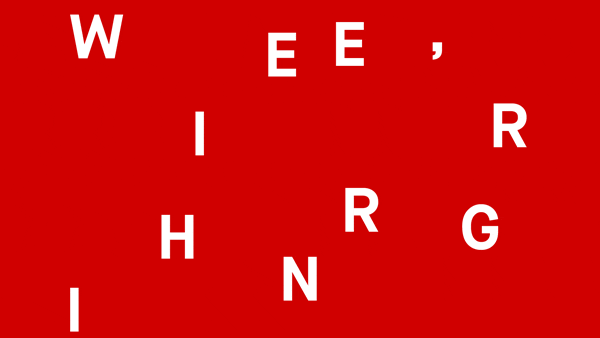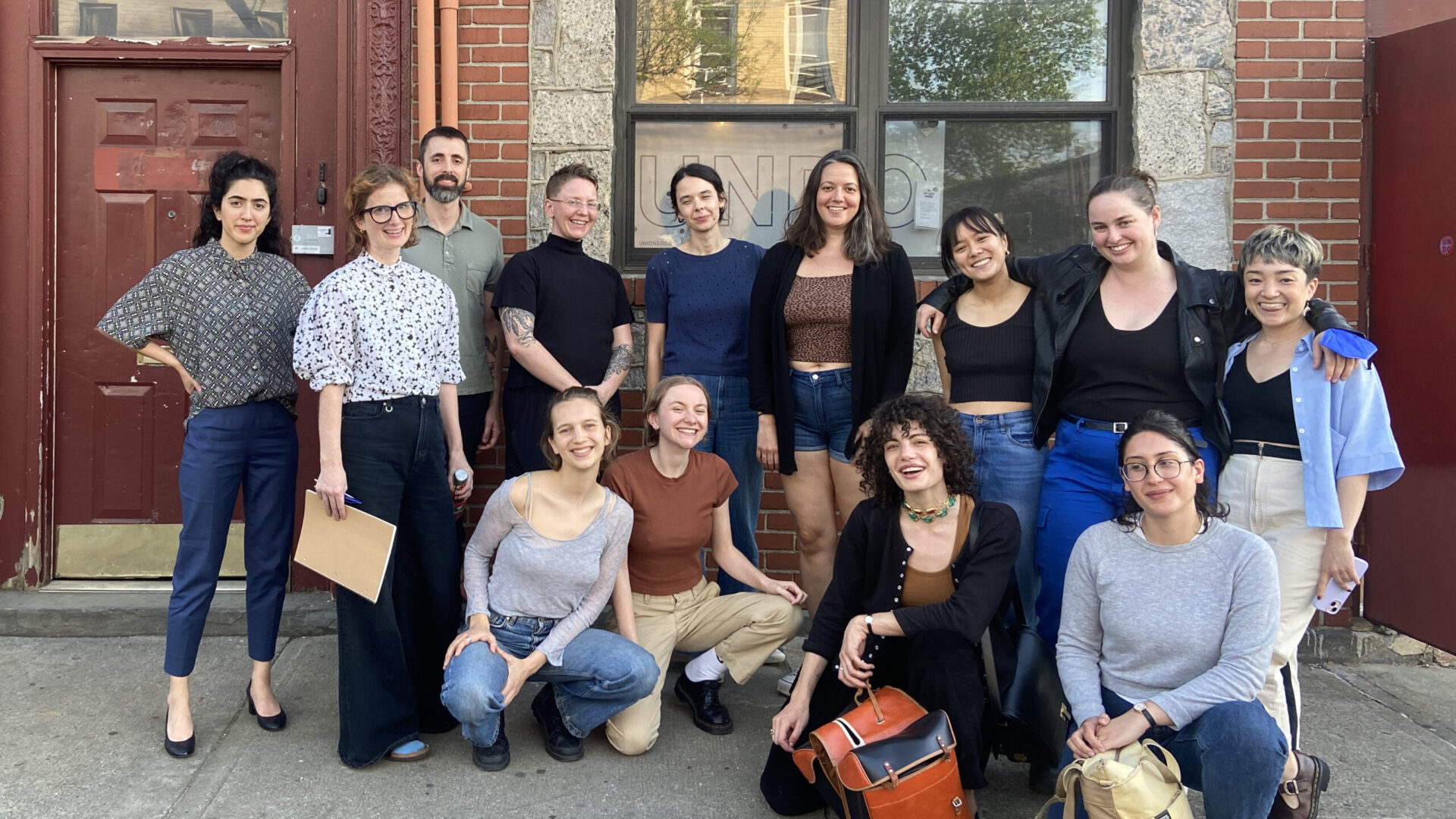UnionDocs invites you to an extra special screening of The Wexner Center’s Cinetracts ’20 broadcasting live from our backyard LEAN-TO straight to you! We’re delighted to host to this exciting event featuring artists from this expanded project.
In 1968, a group of French filmmakers including Jean-Luc Godard and Chris Marker crafted short, quickly made cinematic responses to the political and social upheaval that shook Paris in May of that year. Inspired in part by this project, called Cinétracts, the Wexner Center commissioned 20 short films by filmmakers from around the world.
Wexner Center Film/Video curators David Filipi, Jennifer Lange, and Chris Stults invited artists to capture “the zeitgeist in your own backyard,” in hopes a global portrait would emerge from this index of diverse locales. The project was launched in 2019, supported by a 2019–20 Wexner Center Artist Residency Award, and called upon both established and emerging filmmakers to participate.
In line with the Cinétracts ‘68 manifesto, artists were given a set of guidelines with which to work: Films should be two minutes in length, shot in one day, all sound must be native to the footage, and the completed work should indicate the date and location of the production. The COVID-19 pandemic and months of protest in response to police violence against the Black community led many filmmakers to reconsider their original concepts.
Included in the finished contributions are portraits of specific times and places, such as Tony Buba’s record of a protest demanding a civilian review board for police in his native Pittsburgh and a glimpse of Serbian life on the day of the country’s fraught 2020 parliamentary election by Želimir Žilnik. A number of the films further reflect how the present is inextricably linked to the past, from Kelly Gallagher’s stop-motion consideration of the abolitionist history of her current hometown of Syracuse to a cinematic statement by Karrabing Film Collective on the ancestral resilience that informs current generations of Aboriginal people’s resistance to the enduring effects of colonialism.
Filmmakers include Natalia Almada, Tony Buba, Charles Burnett, Tamer El Said, Akwaeke Emezi, Su Friedrich, Kelly Gallagher, Cameron Granger, Christopher Harris, Sky Hopinka, Karrabing Film Collective, Bouchra Khalili, Gabriel Mascaro. Rosine Mbakam, Natasha Mendonca, Sheilah and Dani ReStack, Beatriz Santiago Muñoz, Cauleen Smith, Apichatpong Weerasethakul, Želimir Žilnik.
Join us socially distanced in the backyard LEAN-TO, or tune in online for this amazing program and conversation with some of the featured artists and the team from the Wexner Center.


